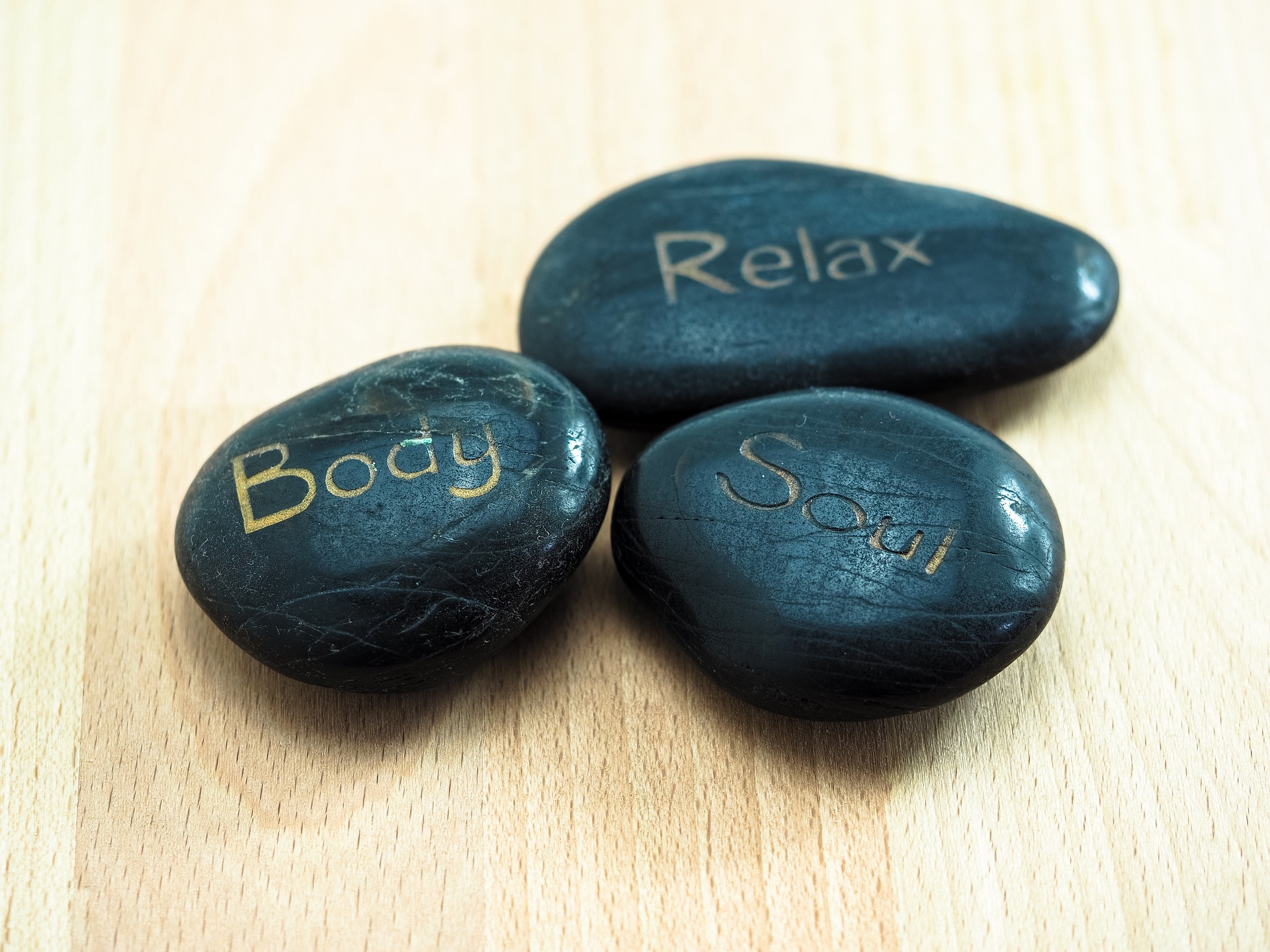By Alexandra Blockton
Did you know that there are many meditation styles that someone can choose from that can assist in helping them improve their well-being? Many studies have stated results to improve an individual’s well-being by taking the time to complete meditation practices by which they were able to gain benefits. Author Tania Singer who has a doctorate in German psychology, professor, and director of the Social Neuroscience Department at the Max Planck Institute for Human Cognitive and Brain Sciences in Leipzig, Germany says, “Lots of research treats the concept of meditation as a single practice, when in fact meditation encompasses a diversity of mental practices that train different skills and different parts of the brain.”
Initially, the three pieces of training are the presence, effect, and perspective. All of them last for three months. The participants in the presence training focused on their breathing, while their minds wandered, and their bodies scanned. It consisted of their attention to their senses for seeing and hearing. Secondly, participants involved with the affected training consisted of compassion, gratitude, kindness, and love. As well as being able to accept harsh emotions that they have towards other individuals. Thirdly, participants in the perspective training were couples taking time to share their feelings.
Next, theory of mind, social connection, brain plasticity, social stress, body awareness, compassion, and attention are the several styles of meditation. Someone can find of use involving what works best for them. There are multiple practices that a person can benefit from when meditating.
Theory of mind meditation involves intentions, goals, and thoughts that helped to improve participants in the perspective training module. Singer says, “If we want to resolve conflicts across cultures, theory of mind-the ability to understand other people’s mental states and put ourselves in their shoes is a crucial skill.” The effect and presence training module participants received no emphasis on improving the theory of mind.
In addition, at the start of the social connection training practice individuals did not seem to share information about themselves. By 3 months, they could dig deep from within concerning their feelings regarding their positive and negative experiences in life. Singer says, “This is the kind of vulnerability that’s needed for people in diverse groups to cultivate a sense of interconnection and common humanity.”
Usually, gray matter is expected to become thinner as a person ages. Once they had completed 3 months of attention-based training, it showed growth involving their prefrontal regions and all other areas of attention. Individuals have also made achievements concerning the theory of mind tests.
The participants involved in the social stress study were expected to complete math calculations and deliver a speech. While in front of other people were assigned as part of the study. These individuals pretended to act as if they were not interested, noticed their mistakes, and distracted them by rolling their eyes. Often, these things can make someone feel socially disconnected from others. The body awareness study consisted of participants utilizing their heartbeat as practice while sitting quietly and tapping on their heartbeats. “The higher the correlation between such objective and subjective measures, the higher your body awareness,” said Singer.
In conclusion, someone taking the initiative to practice meditating for just 30 minutes daily can improve their overall well-being over time. It has been proven that some individuals can think they are improving their mindfulness, but they are not. People are different and unique in their way, involving completing meditation practices.
Singer says, “All of this research is moving us to a point where we don’t necessarily advocate mindfulness for all but can suggest specific practices with specific benefits for specific people.” Individuals need to be rated separately from others concerning their results from practices because one meditation technique that works for one person sometimes will not work for another individual.




